Mozambique: "Don't fall for the schemes of these terrorists," Nampula governor warns Memba youth
Mozambique: Defence minister calls for debate on roots of terrorism
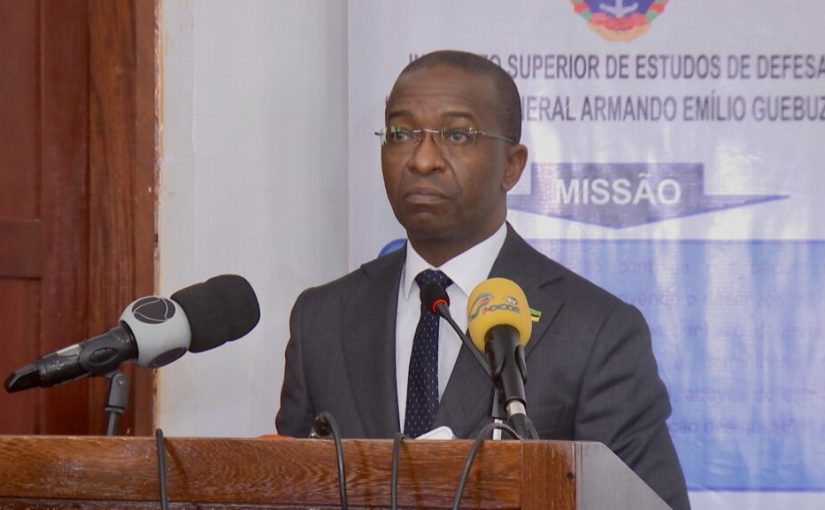
Photo: O País
Mozambican Defence Minister Cristovao Chume on Monday called for an open discussion about the roots of jihadi terrorism in the northern province of Cabo Delgado.
Speaking at a scientific conference on defence and security, held in the Higher Institute of Defence Studies, Chume asked “how did a group of youths who attacked a police station in Mocimboa da Praia district (in October 2017) become a symbol of insurgency in Mozambique and are today one of the most radicalized and most aggressive groups on our continent?”
How was this group, he asked, able to spread across the northern coastal districts of Cabo Delgado, and even filter southwards, towards Nampula province? How had it established international connections, with groups in the Democratic Republic of Congo, in other countries in the Great Lakes region, and with linkages outside of Africa?
“Cabo Delgado has entered world statistics because of the terrorist attacks”, he said. In international news programmes, the terrorism had driven Cabo Delgado’s mineral wealth into a secondary position. “We are all looking for explanations for the terrorism. Why Cabo Delgado?”, added Chume.
Lacking “solid explanations for the phenomenon”, he continued, “media stars” appeared, “and we are repeatedly told that the causes gravitate around poverty, social exclusion, and our wealth in natural gas, among other factors”.
Despite this, it remained difficult to understand the motivations of the terrorist groups. Mozambican academics had begun to study the matter but had not so far been able to give “an objective reason for the terrorism”.
“The matrix constructed around the action of the defence and security forces have set most of the population to thinking that terrorism is a catastrophe that can only be fought against with guns. The terrorist leaders have never given an ideological face to their bloody manifesto. The country has not yet found a clear explanation”.
Chume recognized that the jihadists had taken advantage of “fragilities” in the country’s security. “The phenomenon under discussion is international”, he said. “There is an organized crime syndicate which takes advantage of security weaknesses and ideological fractures”.
He noted that, while terrorism in the developed work tends to occur in cities, “in our countries it’s mostly armed combat in rural areas. It attacks the poor, and creates displaced people. It destroys social, economic, and political infrastructure”.
But both forms of terrorism “have something in common – there is an international financing network for their attacks. They feed off drug trafficking, arms trafficking, and trafficking in natural resources”.
Chume was certain that the Mozambican state will eventually defeat terrorism. “When states suffer terrorist attacks, they never fall”, he claimed. “They are resilient thanks to international recognition that no country in the world can fight and defeat terrorism on its own”.
He thought it necessary to learn lessons from other anti-terrorist struggles. “Outside of the military response, what initiatives have been taken to prevent the resurgence of armed insurgency. We believe deeply in investment for prevention, since it is more than proved that, however large our armies may be, the economic and social consequences of terrorist acts are indelible”.
Questioned at the conference about the current situation, the Chief of Staff of the Mozambican Armed Forces (FADM), Joaquim Mangrasse, was confident that the Mozambican forces and their Rwandan and SADC allies, have the upper hand.
Sporadic terrorist attacks continue, but “the terrorists have lost the capacity to set up bases or to occupy localities”, he said.
The enemy had been weakened, continued Mangrasse, “but terrorism does not end from one day to the next. We shall continue to be vigilant, and to cooperate with the public so that they tell us where the terrorists are”.


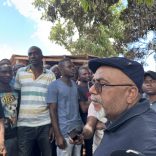
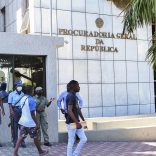
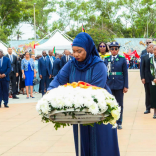
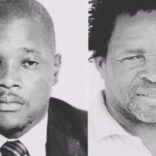
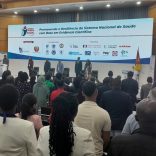





Leave a Reply
Be the First to Comment!
You must be logged in to post a comment.
You must be logged in to post a comment.